2019-02-25
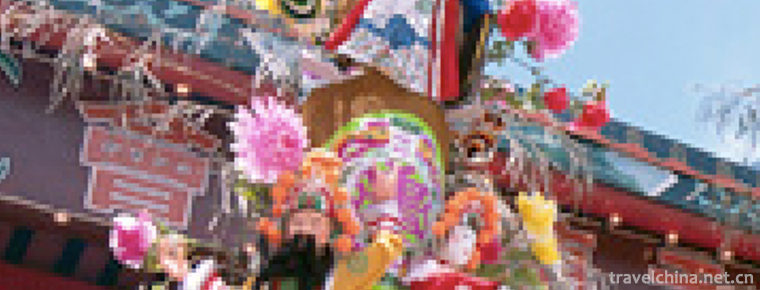
- By ChinaWiki.net
- Chinese Edition
- 2019-08-10
Zhongyuan Festival Chao Ren Yulan Winning Club
Chao Ren Yulan Sheng Hui is a traditional folk custom and folk belief activity. The fifteenth day of the seventh lunar month is commonly called "ghost festival" in Hong Kong. It is said that ghosts in the seventh month of the lunar calendar can come to the world. In some areas, people will burn paper and incense candles on the roadside to cross over the ghosts. Each venue has Shigutai, Jianjiantai, stage, Dashitai, altar and so on. The stage in each neighborhood is dominated by Chao Opera performances, as well as various forms of literary and artistic activities and exhibitions of handicraft works. Chao people's Yulan Wing Club is held in more than 60 places on Hong Kong Island, Kowloon Peninsula and the New Territories.
origin
The fifteenth of July is also the Buddhist Yulanpen Festival. Yulan basin is a transliteration of Sanskrit. "Yulan" in Sanskrit means hanging upside down, describing the state of misery, basin refers to utensils for offerings. Buddhism believes that offering this device can relieve the upside-down suffering of the deceased parents and relatives. The peony basin is the meaning of "unhanging upside down". The ceremony of Buddhist celebration of Zhongyuan Festival is called "the peony pot meeting". The celebration of Zhongyuan Festival is not only to worship the deceased relatives, but also to commemorate the eyedrops who saved their mother from hell in Buddhist scriptures in order to praise his filial piety.
Taoism's Zhongyuan Festival and Buddhism's Yulan Festival gradually merged with folk customs and beliefs of ghosts and moons, and became a grand traditional folk festival with rich connotations and customs, which integrates sacrifice, sacrifice, relief and forgiveness. In Chaoshan, Fujian and Hong Kong, people attach great importance to it. Especially in Hong Kong, Chao Ren Yulansheng will have unprecedented grandeur.
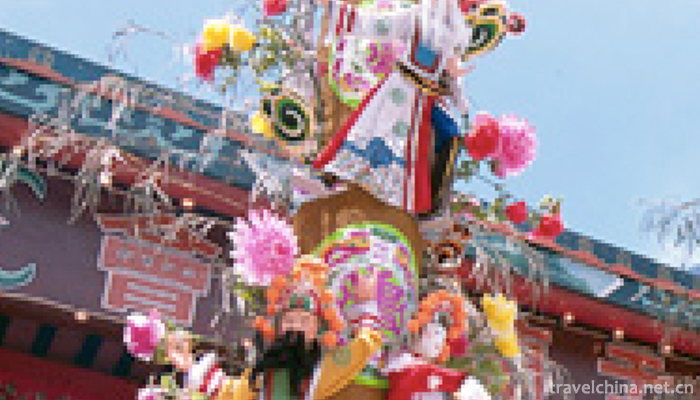
Ask a Question
Your email address will not be published.
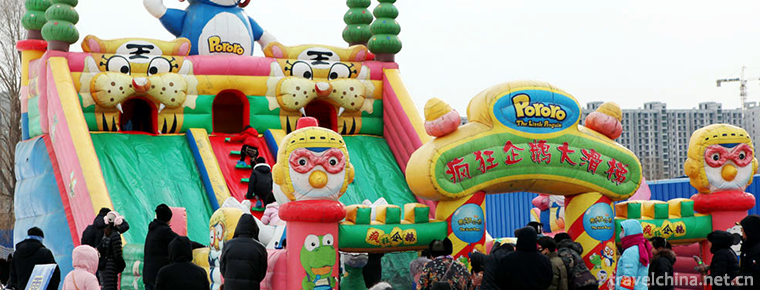
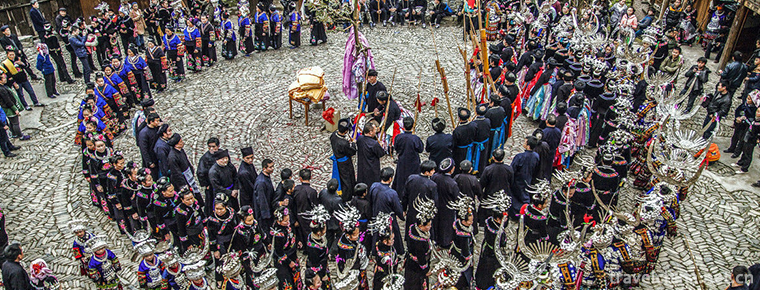
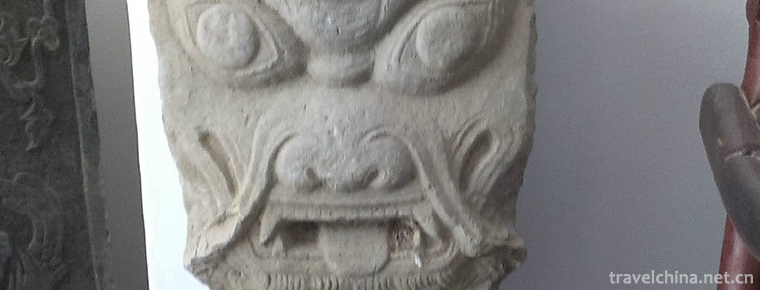
0 Questions